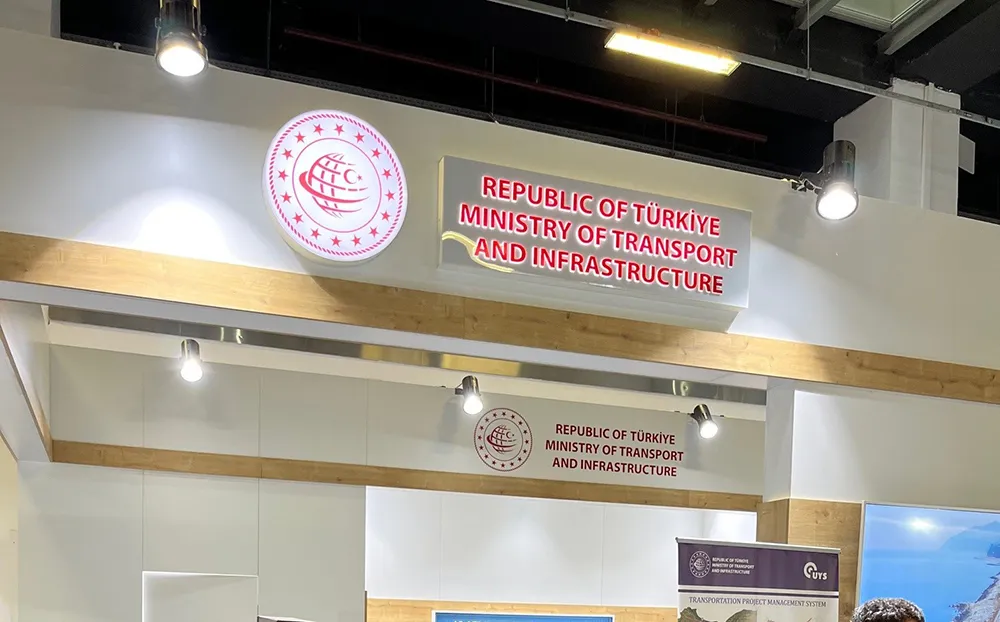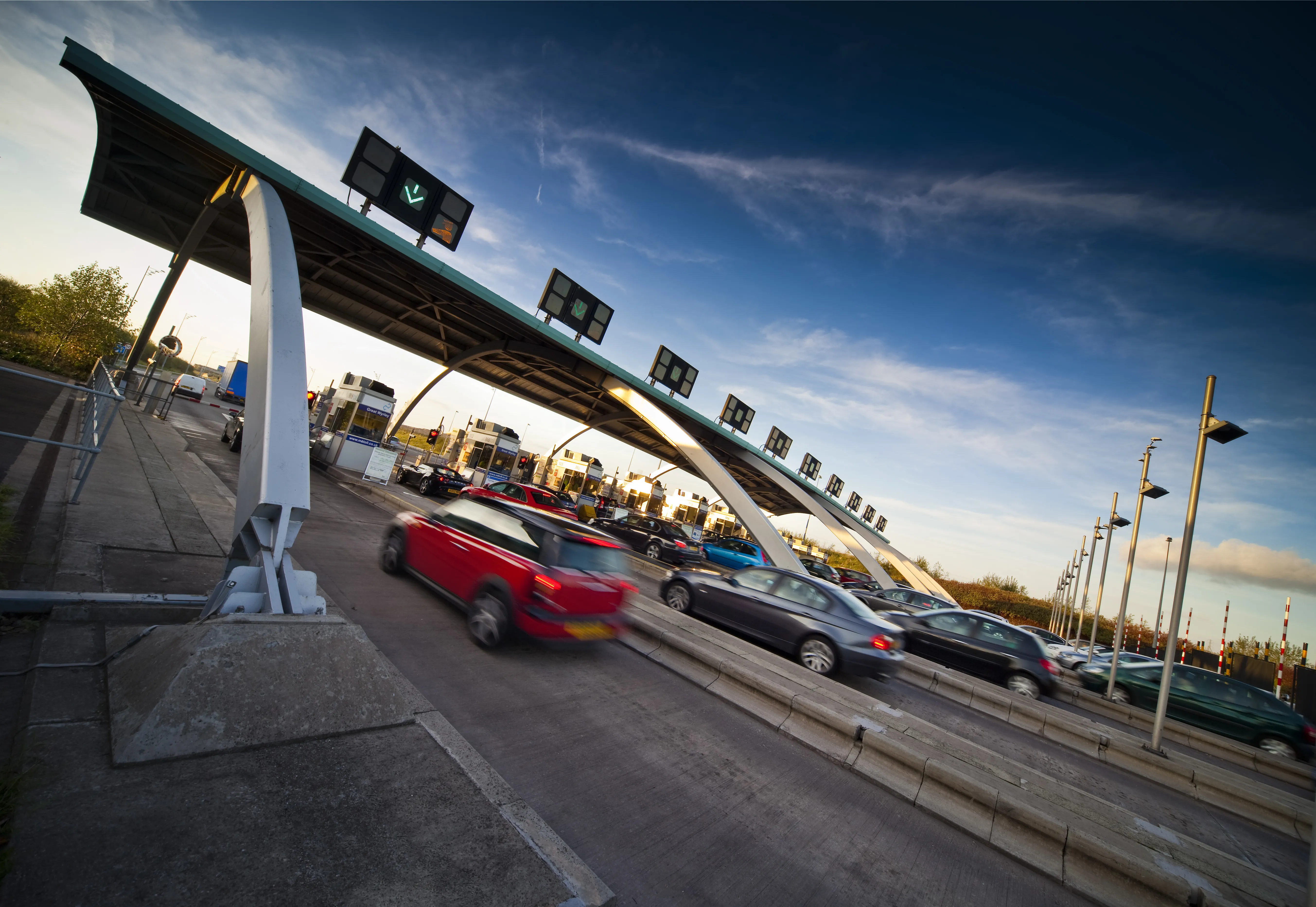
Today’s climate transition confronts road owners, maintenance contractor and operators with a myriad of challenges. But it also offers a real opportunity to rethink the infrastructure of the future aimed at reaching the global objectives of decarbonisation, climate crisis and safe road infrastructure.
It looks like the funds to help the sector face this will come increasingly from road user charging, as this session’s speakers pointed out. Even the UK – a nation that has resisted tolling up to now – is considering its adoption in the near future, according to Cesar Queiroz, former highways adviser at the World Bank. He was speaking in the session Road User Charges: Accelerating Project Delivery That Provides Sustainable Road Infrastructure and Mobility Performance.
The climate and environmental emergency has put transport at the heart of the policymakers’ agenda in low, as well as, middle and high income countries. A priority should also be to keep a high-level of maintenance and service of the road infrastructure to provide safe and carbon free networks visible for the users to get their acceptance of user charges.
Infrastructure charging is key to provide sustainable financing for road maintenance and development. With European Union Directive 1999/62/EC, the EU has created a framework encouraging member states to use the most efficient and fair charging, based on the ’user pays’ and ‘polluter pays’ principles. It also encourages member states to tackle the negative impacts of congestion and of air and noise pollution. The framework supports the de-carbonisation of road transport as well as the implementation of the Paris Agreement, EU Green Deal and global sustainability development goals – SDGs.
But to move all this along, there will need to be much more private investment, said Queiroz. There will increasingly be public-private partnerships and performance-based contracts from the design phase up to the concession period. He foresees more so-called blended financing, the use of capital from public and philanthropic sources to increase private investment in sustainable development. This can include concessional capital, grants and guaranteed reduced financial investment risks.
This blended financing can work, he said. In emerging markets between 2013 and 2022. Around 10% of the 162 blended finance deals showed that for every $1 dollar invested, the return was $2. He acknowledged that there will always be trade-offs.
The US is heavily investing in pilot projects about road user charging, explained Bill Halkias, president of IBTTA – the US-based International Bridge, Tunnel and Turnpike Association. The issue for many states is about interoperability in a world of traditional tolling. New mobility needs are emerging, such as electric vehicles, connected and autonomous vehicles. Toll road operators will have to invest in new technologies to accommodate these.
One thing is for sure, said Halkias, road user charging is the future if only because it is about “real people using real roads paying real money”.
Road user charging and tolling for low- to middle-income countries are a special case, said Nazir Alli, president of PIARC - Permanent International Association of Road Congresses. PIARC is a forum for the discussion of all aspects of roads and road networks with 122 member countries discussing policies and trends that affect all road users. Allis urged for a greater understanding of the financial risks faced by these countries that can affect the outcome of contracts whose performance levels are more easily attained by all parties in more developed countries.
Tolling and road user charges and changes to them must reflect local economic conditions, said Alli, and these conditions can change rapidly in the low- to middle income countries. And all this can delay further projects adding to risks for investors.
Turkey, though, is a good example of successful tolling, noted Alper Akar, general manager of ICA, operator of the Yavuz Sultan Selim Bridge and Northern Ring Motorway in the Istanbul region. The concessionaire revenues are tied to efficiency and quality of the asset. This means maintenance schedules are adhere to which also reduces unforeseen maintenance costs. Meanwhile, drivers benefit form new and upgraded infrastructure without having to wait for the government and concessionaire to agree more government funding. It has been a win-win situation.
Down under, in Australia, there have been problems, according to Michael Caltabiano, chief executive of the national Transport Research Organization. Toll charges in the city of Sydney have been linked to what is called the consumer price index, he noted. The CPI is the price of a weighted average market basket of consumer goods and services purchased by households. The problem is that this has been rising rapidly, meaning a rapid rise in tolls charged. So rapid and so high the increases, that the state government has stepped in to lower the rates.
No matter how the roads are financed, climate change will increasingly mean there must be innovation among all lenders and borrowers to make construction of projects and concessions work, said Nicolas Peltier-Thiberge, global director for transport at the World Bank. But he also said there should be an added emphasis on using what road assets there already are in existence. Use them smarter, maintain them smarter and finance them smarter.








